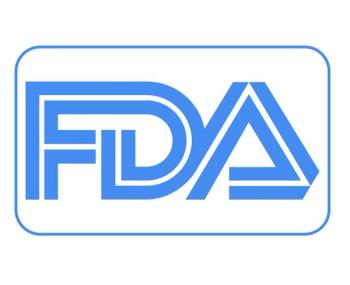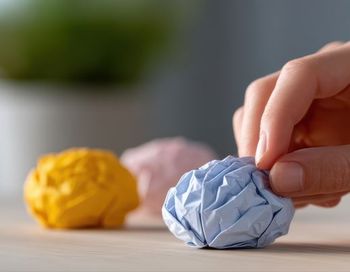
AACAP: Investigational Pediatric ADHD Agent Aims at Reduced Abuse Potential
SAN DIEGO -- An investigational d-amphetamine prodrug appears to be effective in treating pediatric attention deficit hyperactivity disorder, with the goal of less abuse potential than amphetamines, researchers said.
SAN DIEGO, Oct. 31 -- An investigational d-amphetamine prodrug appears to be effective in treating pediatric attention deficit hyperactivity disorder, with the goal of less abuse potential than amphetamines, researchers said.
All dose levels of lisdexamfetamine (NRP104) were significantly more effective than placebo, said Robert. L. Findling, M.D., of Case Western Reserve in Cleveland, and colleagues, who presented the result of a phase III study at the American Academy of Child and Adolescent Psychiatry meeting.
The multicenter study included 290 patients ages six to 12 with a primary diagnosis of ADHD. The participants were randomized to receive 30 mg, 50 mg, or 70 mg daily or placebo for four weeks followed by a 30 day observation period.
The researchers reported:
- Clinical Global Impression of Improvement scores were all significantly better than placebo (3.7 for placebo, 2.3 for 30 mg, 2.1 for 50 mg, 1.9 for 70 mg, P<0.0001 for all), and
- The percentage of patients who were rated "much improved" or "very much improved" was significantly greater than placebo for all doses (18% placebo, 70% 30 mg, 70% 50 mg, 77% 70 mg, P<0.0001 for all).
The drug appeared to be effective as a once-daily medication. Conners' Parent Rating Scale scores remained consistent across morning, afternoon and evening assessments. Least-square mean changes from baseline were:
- For placebo, -2.6 morning, -2.3 afternoon, and -1.8 evening,
- For 30 mg, -11.2 morning, -11.1 afternoon, and -10.7 evening,
- For 50 mg, -13.8 morning, -14.7 afternoon, and -13.0 evening, and
- For 70 mg, -15.0 morning, -15.2 afternoon assessment, and -14.6 evening.
The researchers reported that 9.2% of patients in the active drug arms discontinued due to adverse events compared to 1.4% in the placebo arm. Treatment-emergent adverse events were consistent with what has been seen with other amphetamines, Dr. Findling and colleagues said. No serious adverse events were reported and most were mild or moderate in severity.
The FDA issued an approvable letter on the d-amphetamine prodrug this month, pending a ruling by the DEA on scheduling. The drug-maker had proposed no tighter regulation than Schedule III, but the FDA recommended Schedule II, like other amphetamines.
Yet actual abuse is in ADHD therapy is uncommon in clinical practice, commented Steven Pliszka, M.D., of the University of Texas Health Science Center at San Antonio, who was not involved in the study. "In our treatment of ADHD, we don't run into difficulties with diversion very often," he said.
"The emergence of a medication that was as effective as the stimulants but did not have any abuse potential would be a definite benefit for families," Dr. Pliszka said. "In particular, it would enable physicians to call prescriptions into the pharmacy and eliminate the need for the families to actually come to the office and pick up a prescription. So, based on convenience alone that would be an advantage."
The investigators said the new drug is a step in the right direction. It demonstrated "at least equivalent efficacy to stimulants in the treatment of ADHD."
The study was supported by New River Pharmaceuticals, which developed the drug, and Shire, which will market it. One of the authors is an employee of New River Pharmaceuticals.
Newsletter
Enhance your clinical practice with the Patient Care newsletter, offering the latest evidence-based guidelines, diagnostic insights, and treatment strategies for primary care physicians.
































































































































